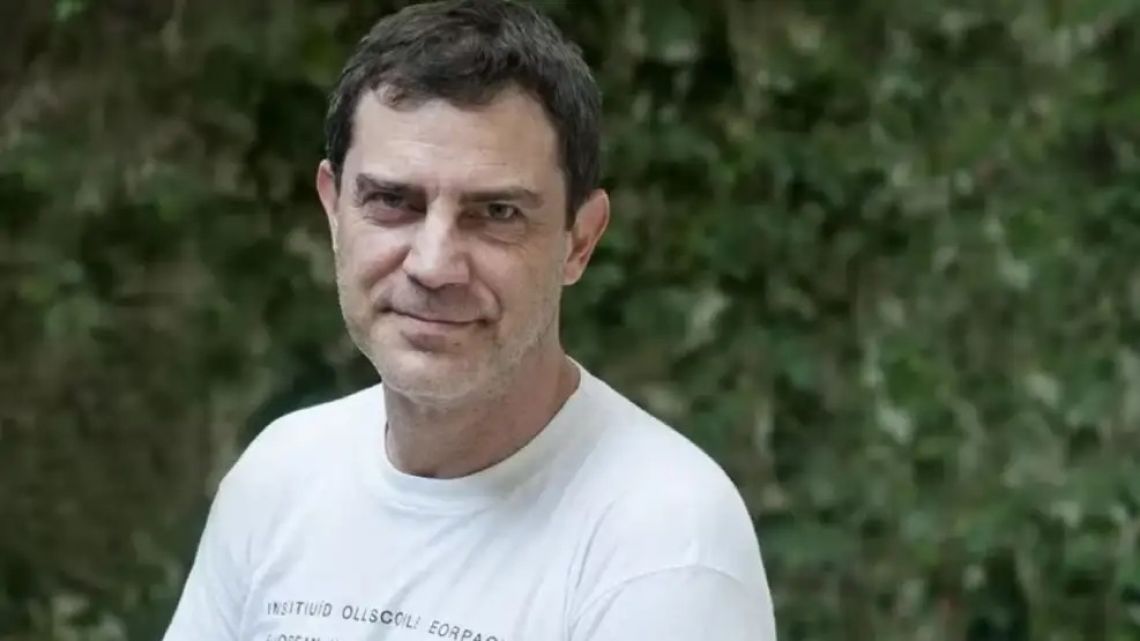Andrés Malamud graduated in Political Science from the University of Buenos Aires and has a doctorate in Social and Political Sciences from the European University Institute. He is currently chief researcher at the University of Lisbon. He has authored and co-authored several books and numerous academic articles.
In an interview, Malamud argues that President Javier Milei’s “bet on the United States is highly risky,” adding that “if it works out, it’s the goal of the century.” He explained, nevertheless, that “a bet is neither correct nor incorrect, it’s a high-risk bet which has its chances of coming off.”
"It’s unclear if Argentina is being invited today but it has an opportunity like it hasn’t had in a century," Malamud told Modo Fontevecchia, broadcast on Net TV and Radio Perfil (AM 1190).
Andrés, you have mentioned previously the possibility of Argentina finding itself in a similar stage to certain countries which grew driven by the support of the United States after World War II. What would that type of development really imply for Argentina today? Would it be an opportunity such as what Germany, Japan and South Korea (which grew enormously with US aid) had or could it, on the contrary, lead to a more dependent or subordinate relationship, as is the case of Puerto Rico?
Let’s zoom out to understand the concept before knowing how it applies to Argentina. There are around 200 countries in the world and only 40 are developed. How did they develop? That is the question. Some people say: “It’s all about the climate.” If you live in a hot climate, you get malaria and mosquitoes so you die before you can invest; if you live in the cold, all that’s left to you is to innovate so that the climate is determinant.
Continue Reading on Buenos Aires Times
This preview shows approximately 15% of the article. Read the full story on the publisher's website to support quality journalism.
